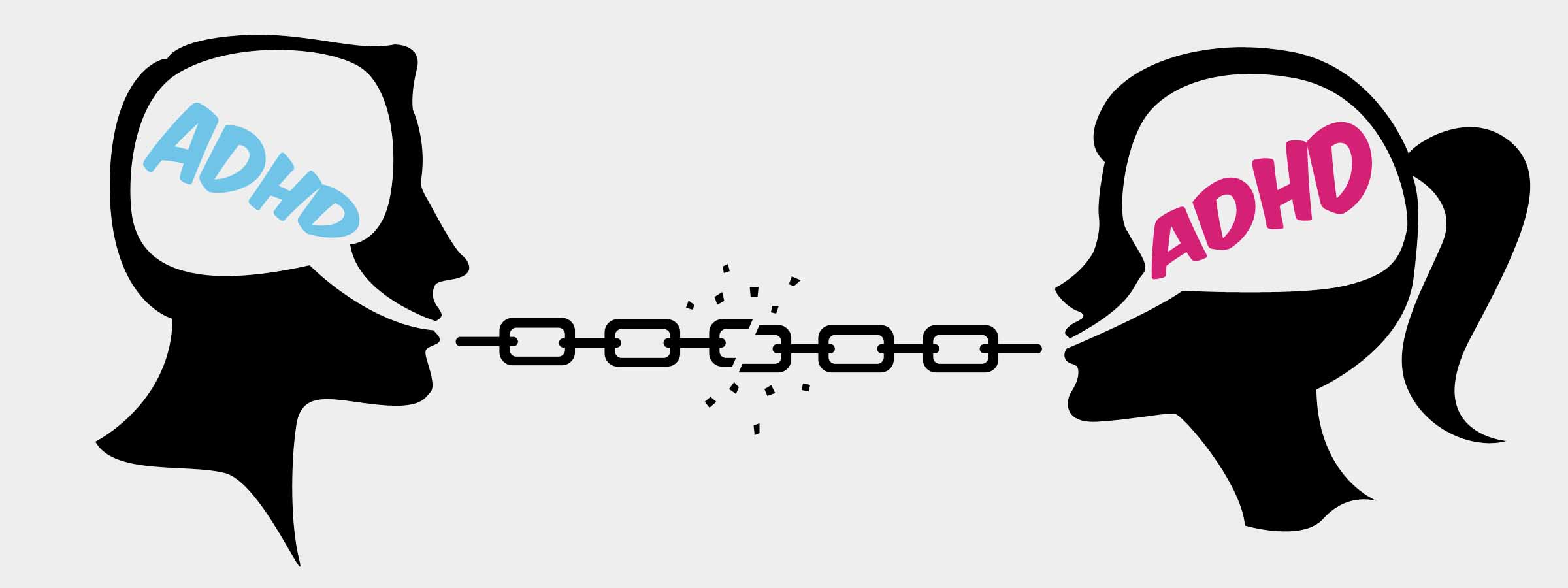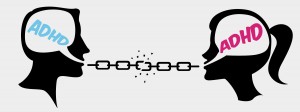ADHD shown to impact communicative abilities

 Recent research findings by local resident and University of Waterloo professor Elizabeth Nilsen have the potential to advance remediation in child development for individuals living with ADHD.
Recent research findings by local resident and University of Waterloo professor Elizabeth Nilsen have the potential to advance remediation in child development for individuals living with ADHD.
The study revealed information about communicative difficulties that can exist for people diagnosed with Attention Deficit Hyper-Active Disorder (ADHD).
“It relates to what we think of when we talk about communication,” Nilsen, who is an associate professor of psychology, explained on the findings.
“This is just one aspect of communication called Communicative Perspective Talking and what that means is that we pay attention to the perspective of our conversational partners.”
“So within that area is found to be less efficient for people who have ADHD.”
The study took two groups, one had been diagnosed with ADHD and the other who had varying levels and symptoms ADHD. Participants were asked to move objects based on directions.
The person who was giving instructions, however, was unable to see specific items, something which was visible to participants.
The findings were that those participants who were diagnosed with ADHD made more errors interpreting which items were asked to be moved due to an inability to understand the instructor’s limited perspective.
Nilsen explained that her study shows communication difficulties because typical participants would be able to identify that their instructor had blocked vision.
“
[The instructor] shouldn’t be asking for this particular object because it is blocked from their view,” she said.
“We found that the kids who had ADHD would chose that object even though [they knew] it was blocked by the speaker’s perspective.”
Going forward, Nilsen explained that her findings have the potential to snowball into further research and analysis.
“The next step would be figuring out what is the reason for this,” she said. “We know that adults and children with ADHD have more difficulty in the area of cognitive functioning and so that would be things like working memory.”
Nilsen received funding for her study from the Ontario Mental Health Foundation New Investigator Fellowship.
She explained that in the world of child psychology and learning development there is a need for more services in the Kitchener-Waterloo community.
I think throughout the following part you need to make a stronger connection between the research and the need for early detection, or at least tie it back in at the end.
“We are not able to provide services at the rate that is needed in the community,” she noted.
Dayna Giorgio, the communications officer at Kidsability, agrees.
“We have 11,000 children right now who are waiting for services,” Girogio said. “The need is far exceeding what is available right now.”
Kidsability is a children’s treatment center — one of 21 centres across Ontario. They provide services such as speech and language therapy, physiotherapy, occupational therapy and social work services.
A key factor in community programs that deals with children’s needs is bringing them to the centre at an early age, according to Denise Watson the program manager at Kidsability,
She explained that services in the community target younger children so that they “help them with their deficits and help them exaggerate their strengths.”
Nilsen also agrees that early detection is important for alleviating developmental issues; however, she thinks that an increase of services in Kitchener-Waterloo can help this become a reality.
“I think there us a really big need in our community for services,” she said.

